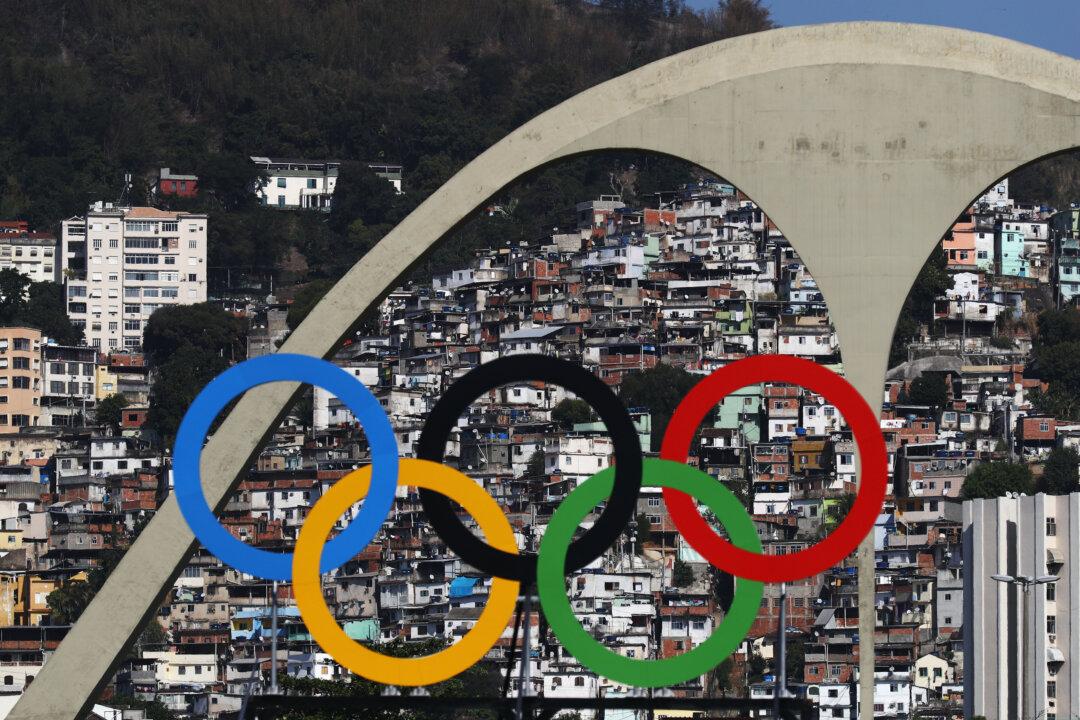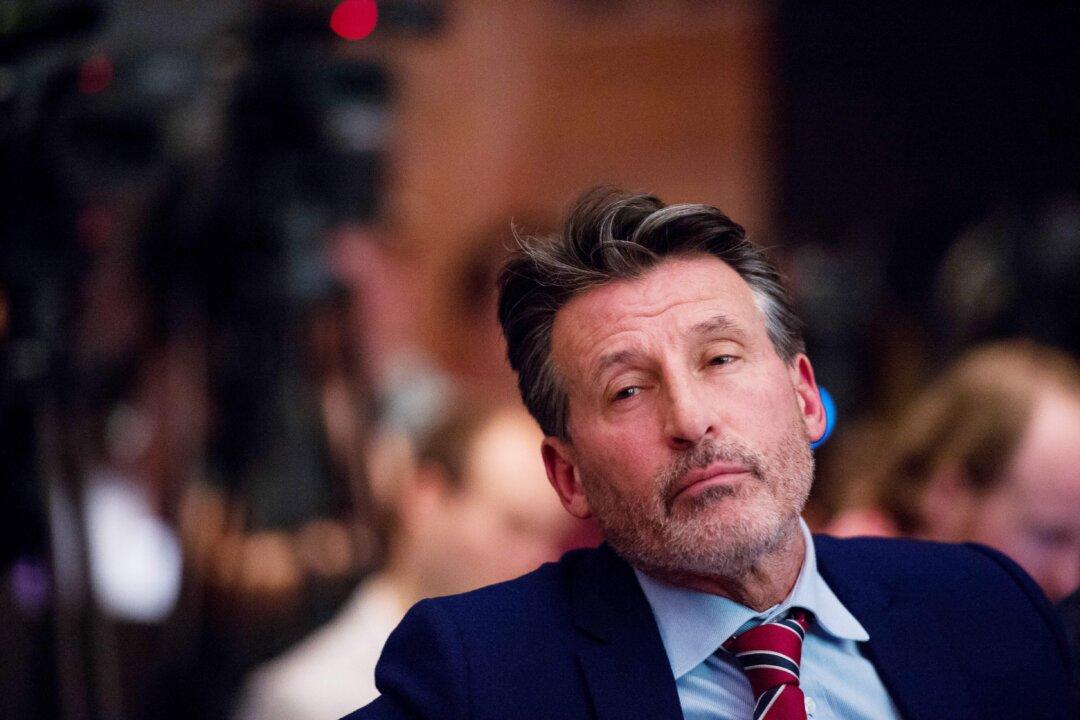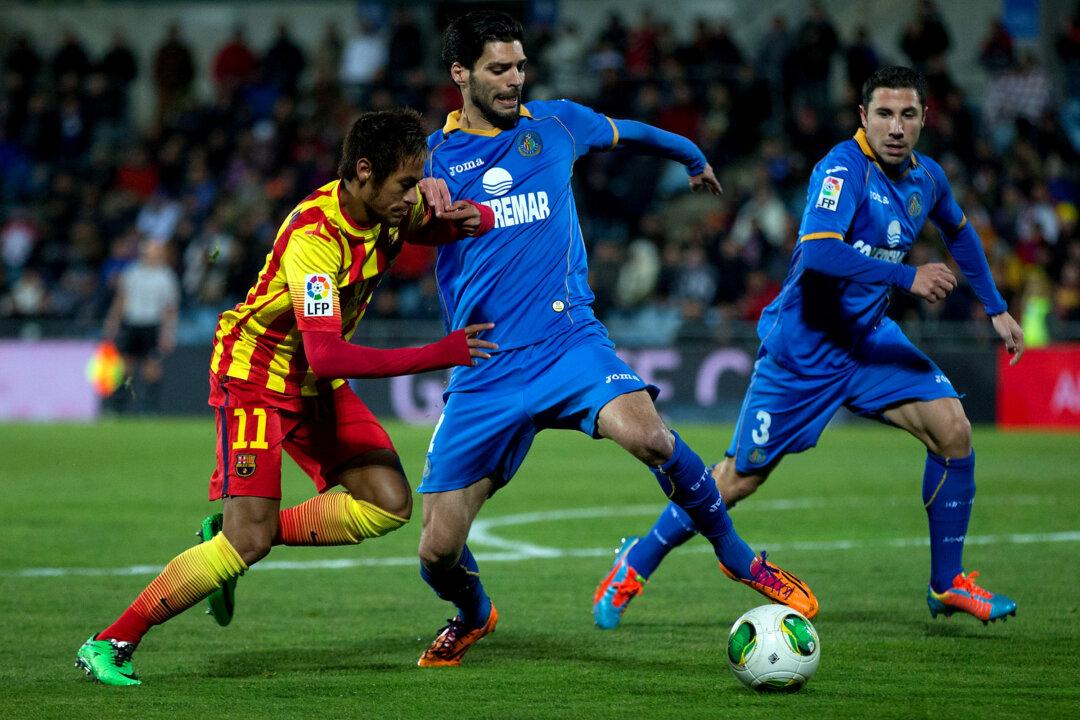It’s crunch time for the Olympic Games, and the heat is on in Rio. The games are facing some major challenges—but one in particular is so serious that it threatens the Olympics’ very existence.
Ongoing doping scandals have left the Olympic brand in tatters; especially the latest saga involving Russian athletes, which saw the International Olympic Committee (IOC) come under fire for passing the buck to other international sporting federations. If the organization fails to deliver on its promise of a fair competition, then spectators, governments, and other international bodies will lose their trust in the Olympic Games—and this time it could prove terminal.
We live in a branded world, where everything from food and drink to cars and clothes carry visible names and logos. Not everyone is happy with branding, yet for many of us it is supposed to make life easier. Brands create familiarity, enabling us to consume with confidence and certainty.
This doesn’t happen by accident though. Brands are actively managed and positioned in a way that helps us to understand who they are and what they do. This positioning is, in turn, associated with a “brand proposition” (which is essentially a promise). This promise emphasizes the benefits for a consumer of engaging with a brand, and—when fulfilled—works to establish a brand’s trustworthiness.
A Big Promise
The most obvious manifestation of the Olympic brand is the five rings: it is an instantly recognizable symbol, and the IOC is fiercely protective of it. Sponsors such as Coca Cola, McDonalds, and Samsung pay millions of dollars for the right to be associated with the Olympics, and to use the name and logo in their marketing activities.
As for the Olympics’ brand proposition: it is the biggest sporting event in the world, contested by the best athletes around, the pinnacle of sport, and a representation of everything that is supposed to be good about it. The Olympic Charter claims that the games are committed to demonstrating “respect for universal fundamental ethical principles.”




